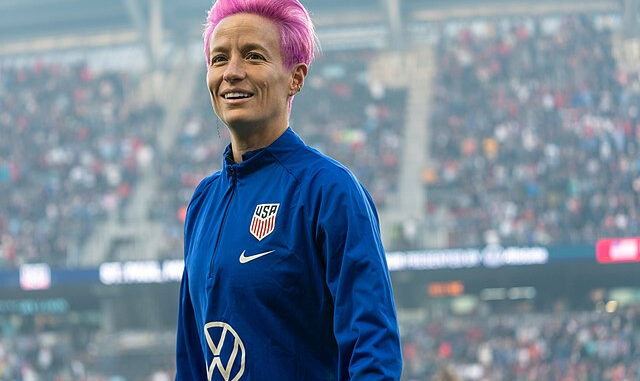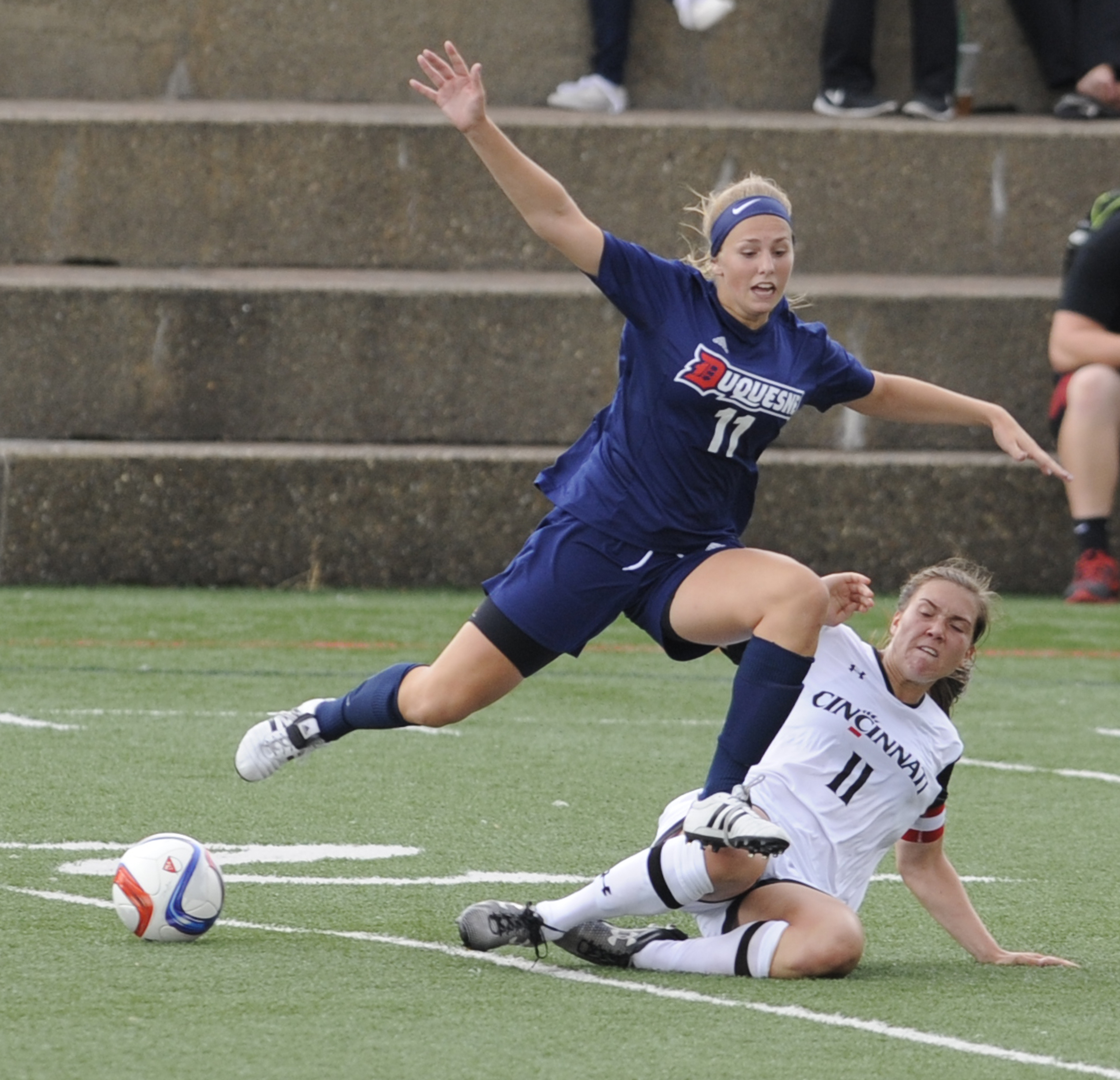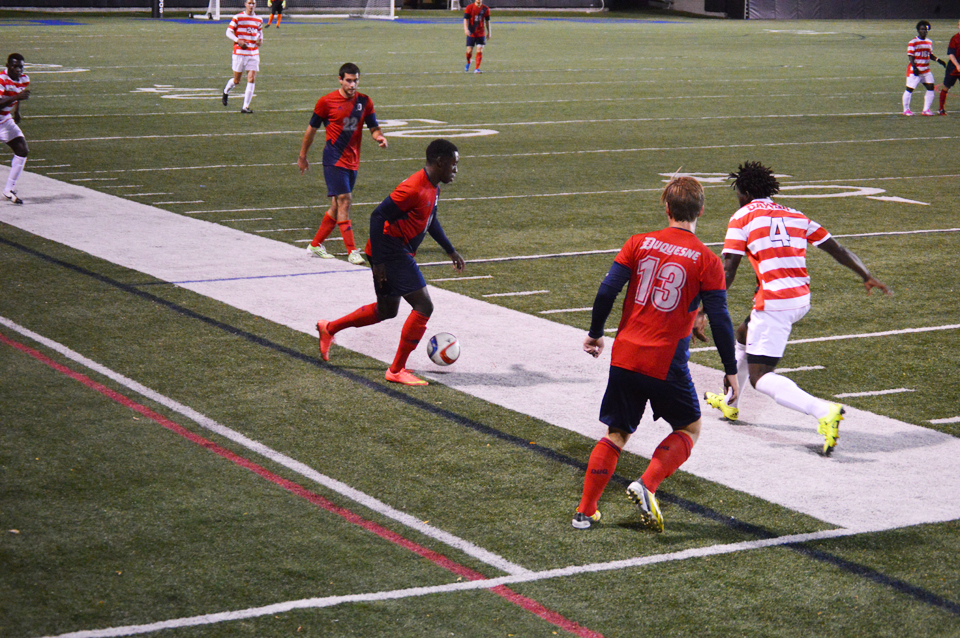
by Colleen Hammond | editor-in-chief
Feb. 24, 2022
For decades, the crusade for gender equality in the workplace has sung the battle cry of “an equal playing field.” This week, some of America’s top athletes got one step closer to fair treatment on and off the field.
On Feb. 22, the United States Soccer Federation settled a gender pay discrimination lawsuit with the U.S. women’s soccer team for $24 million.
Although this issue has been given national attention since the women’s World Cup victory in 2019, their struggle for equal pay has extended back to the team’s inception nearly four decades ago.
In 2016, five U.S. women’s soccer players filed a wage discrimination lawsuit against the U.S. Soccer Federation, alleging that they were consistently paid less than the men’s team. Since the initial suit was filed, snail-pace progress has been made on this issue.
Eventually in 2017, the U.S. Soccer Federation announced a new collective bargaining agreement with the women’s team that would increase their base pay and bonuses. However, even with this wage hike, the women were still making less than the men’s team.
One reason the particular case of U.S. women’s soccer has been met with an outpouring of public support is because the women’s team has been incredibly successful.
Since the team’s origin in 1985, the women’s team has won the World Cup four times (most recently in 2019). The men’s team, on the other hand, has not reached even a semifinal game since 1930. Fans and general spectators alike found this type of discrimination to be blatantly wrong. Why should the undeniably more successful team be paid less just because they compete under the “women’s” banner?
Although this settlement is widely welcomed, it speaks to larger issues about the gender pay gap and gender-based inequality: Women are consistently expected to outperform their male counterparts tenfold in order to be considered worthy of equal pay.
Time and again, political talking heads love to throw out the phrase “equal pay for equal work.” While this would be an ideal scenario, culturally, we need to acknowledge that there is a widespread expectation that women are to take on more work and, in their work, supersede male colleagues to merit equal wages.
The multimillion dollar settlement from the U.S. Soccer Federation is a great step toward overturning gender wage gaps in the professional sports world, it sets the precedent that women need to prove themselves exceptional in order to be deemed equal.
Equality should not be something women have to earn through World Cup wins, sponsorship deals or cultural fame; it should be seen as inherent.
However, society often treats justice as something that should not be handed out on the basis of human dignity, but something that has to be struggled for consistently. This narrative only perpetuates the idea that people need to prove themselves every day if they wish to be treated as a regular member of society.
This line of thinking is detrimental to justice efforts across the nation. We have created an eternally moving finish line in the race for progress, and eventually, no number of World Cups, seats in government or Olympic medals will measure up.
We need to stop making equality a competition, a badge of honor that must be earned at a great price. We must recognize the innate dignity and worthiness of all people — champions or not — when pursuing efforts toward equality.




